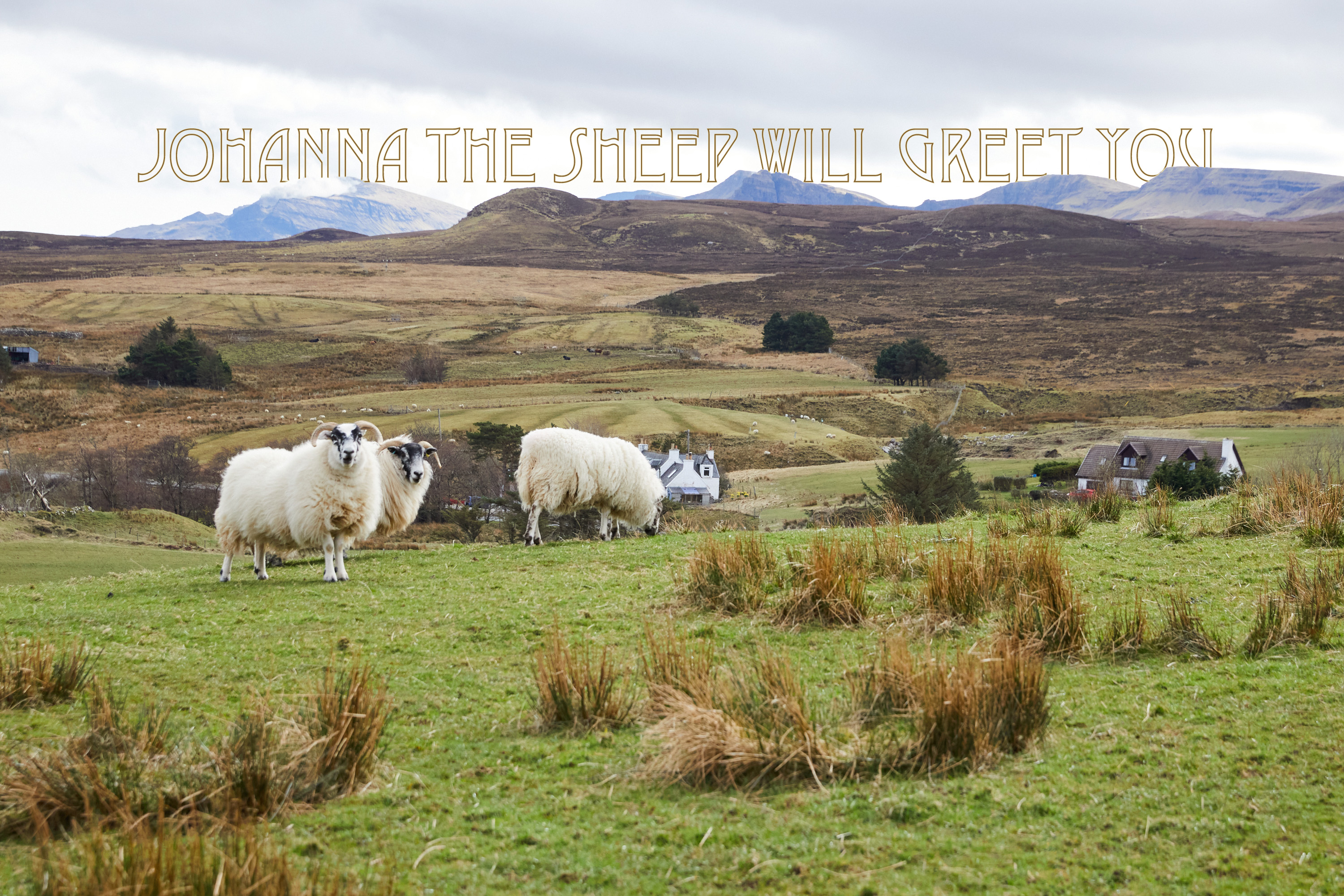Where We Are Now in Ùr Scotland

The British writer Simon Roberts said “Slap the word Skye on anything from soap to candles, and it instantly assumes a tangle of desirable associations: remote yet of-the-moment, rural yet sophisticated, rugged yet luxurious”
Like many places around the world Scotland has been affected by the new economies. A three pronged effect has transformed once semi remote places, like Skye, or places that were once more thriving but had seen a slow exodus over the decades and centuries. First, the internet, digital photography and social media have shown the exceptional beauty and uniqueness of the Scotish localities.
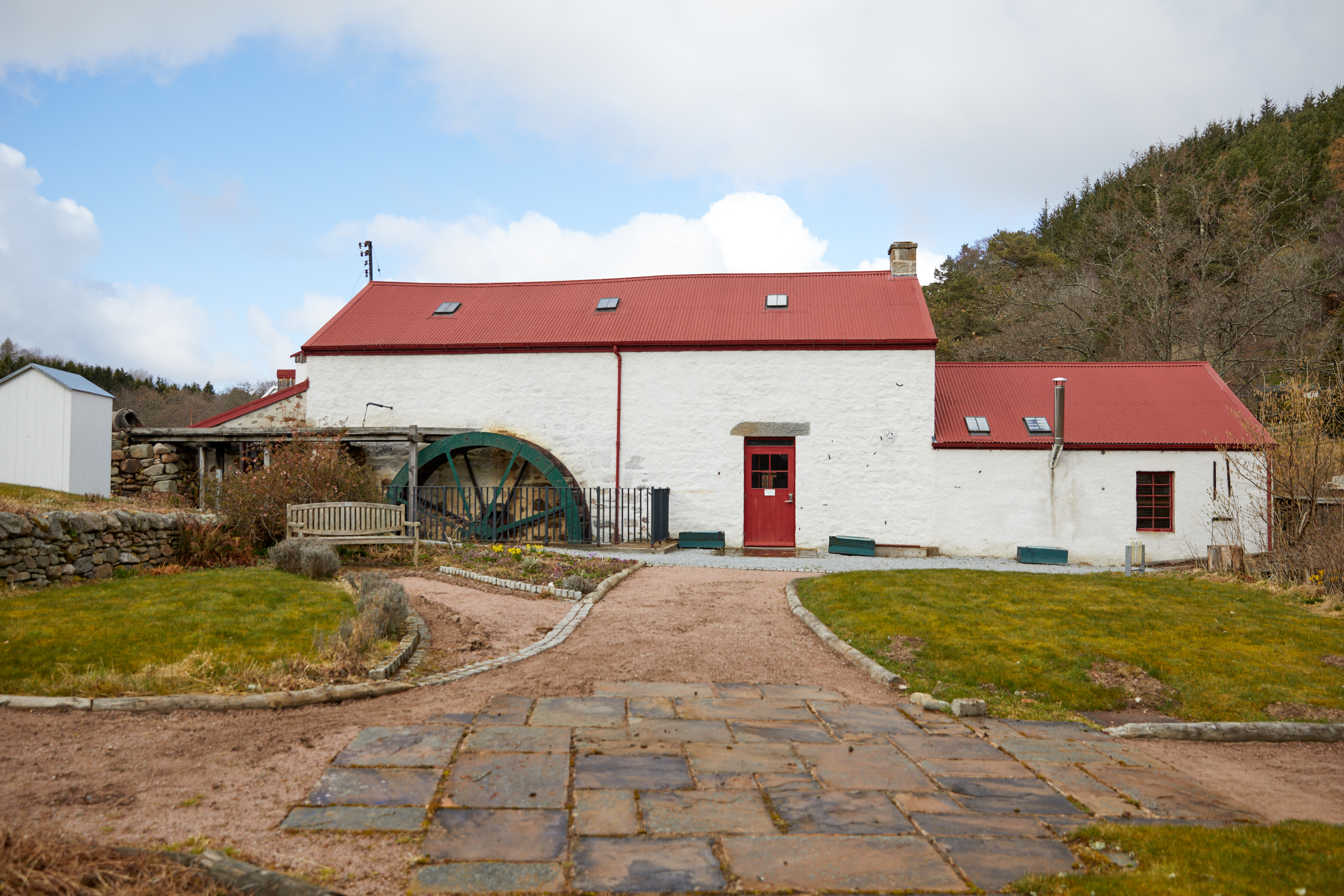
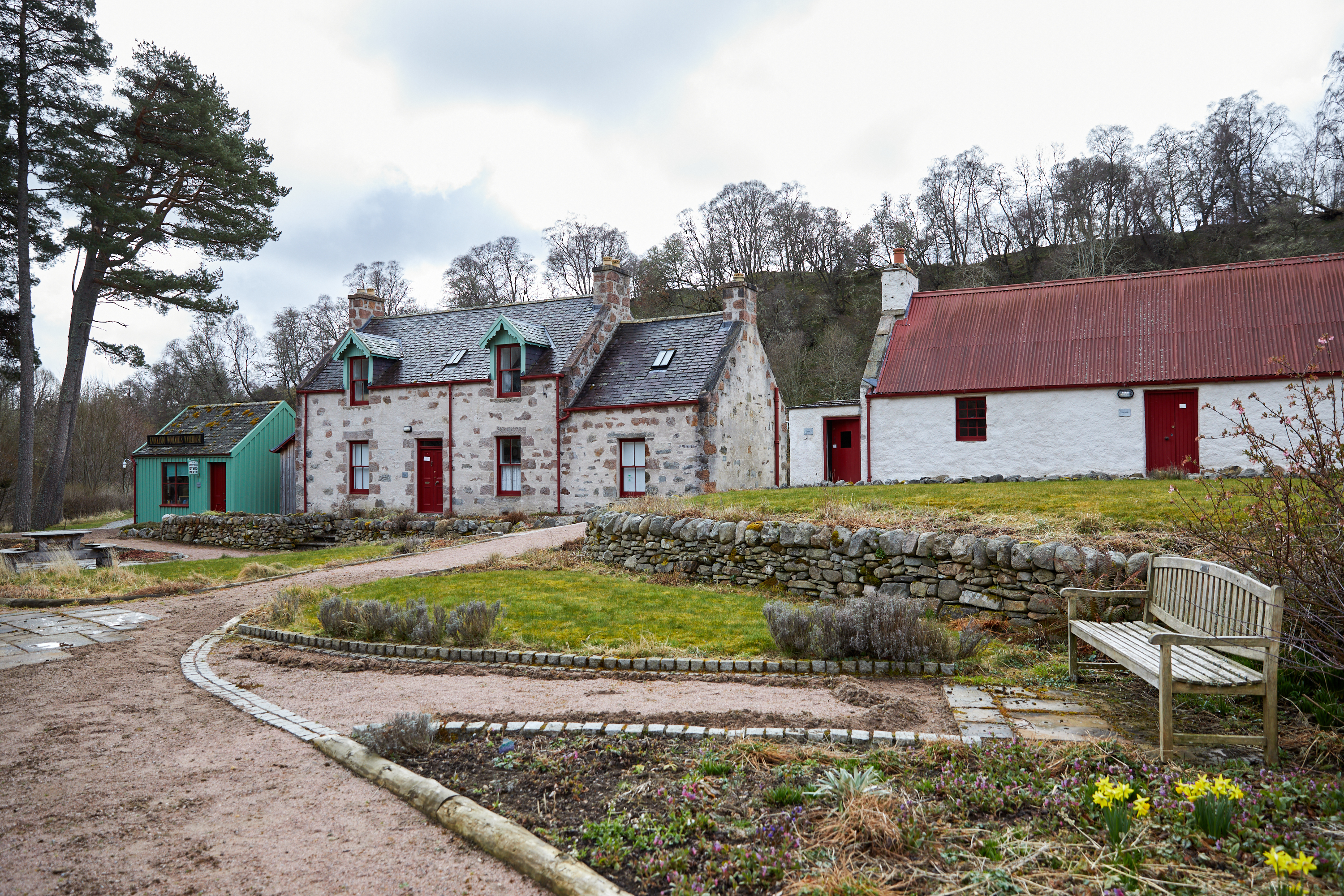
The Knockando Mill, of the Spey Valley first established in 1784, has been operating nearly continuously. In 2000 a charitable trust was set up to help renovate and overhaul the historic equipment that is used. Following the extensive restoration project, during which the Victorian machinery was painstakingly dismantled, repaired and rebuilt, the Woolmill is once again fully operational. Open seasonally since 2012, visitors can experience the sights and sounds of a working Woolmill, learn the rich history of the site and browse the range of quality woollen throws, scarves and accessories.The historic and renovated mill now produces textiles and garments that can be purchased and shipped around the world.
Secondly, E commerce and Thomas Friedman’s “the World is Flat Principle”, has brought the products and culture of Scotland around the world. Many bemoan globalization as a new environmentallly destructive colonialism. However, in Scotland an argument can be made that globalization has done what it has promised, brought the woolens and whiskey to the world to enjoy. It has led to the further redevelopment of the industries that have made Scotland so unique and identifiable.
![Johnstons of Elgin, establised in 1797, still producing amazing woolen textiles, but now available to the world]()
Secondly, E commerce and Thomas Friedman’s “the World is Flat Principle”, has brought the products and culture of Scotland around the world. Many bemoan globalization as a new environmentallly destructive colonialism. However, in Scotland an argument can be made that globalization has done what it has promised, brought the woolens and whiskey to the world to enjoy. It has led to the further redevelopment of the industries that have made Scotland so unique and identifiable.

And the third prong could be considered the new industry of remote work. Remote work takes a small slice of probably half the industries that exist and claims them as its own. While really given a thrust during the pandemic, the concept had been slowly building anyway through the years of the internets development. Not just writers and travel photographers, but almost any professional pursuit could be practiced remotely. So now you could be based in New York, where your financial services company is located, go visit the beautiful Scotish countryside and then decide to move there, whilst keeping your New York gig.

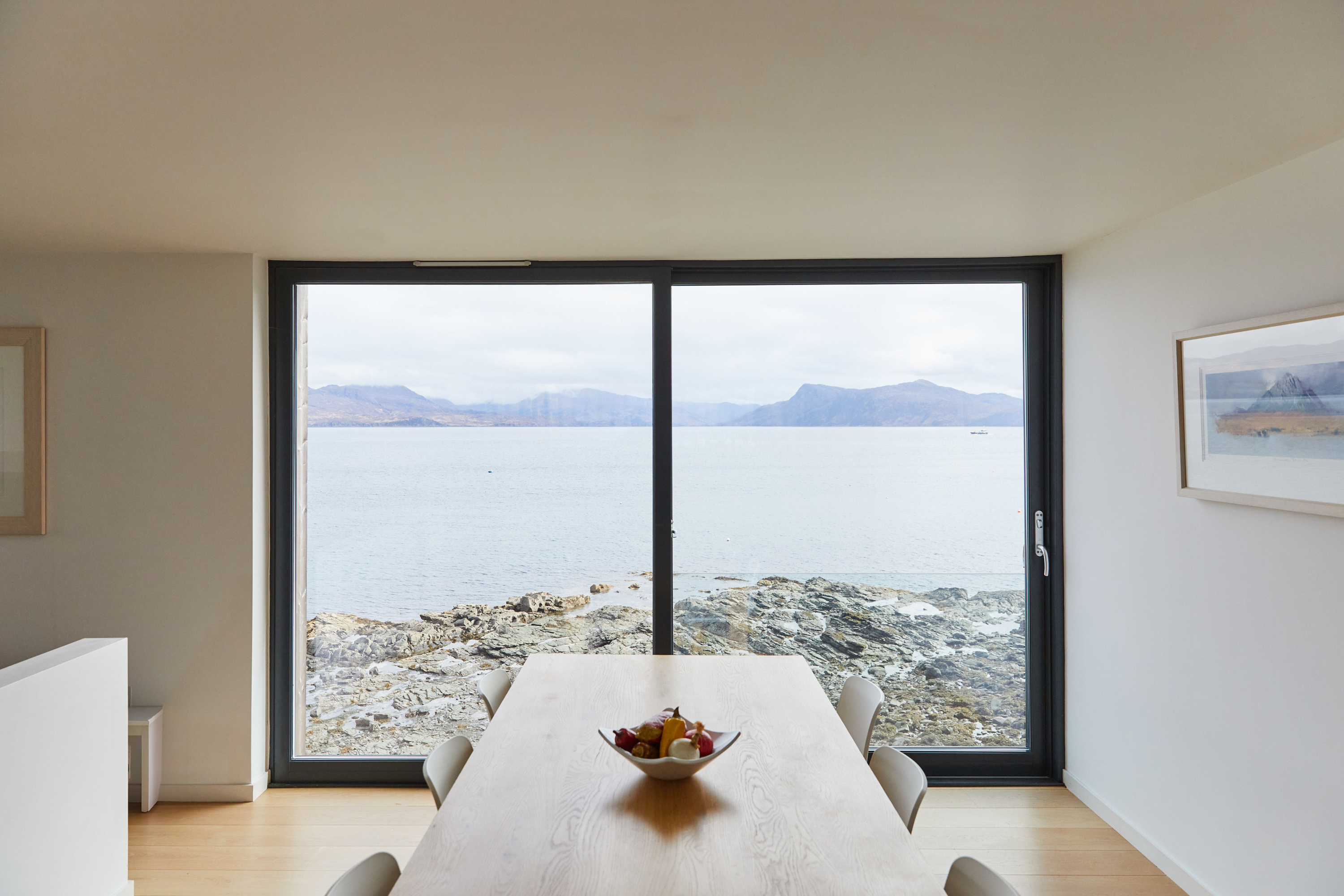
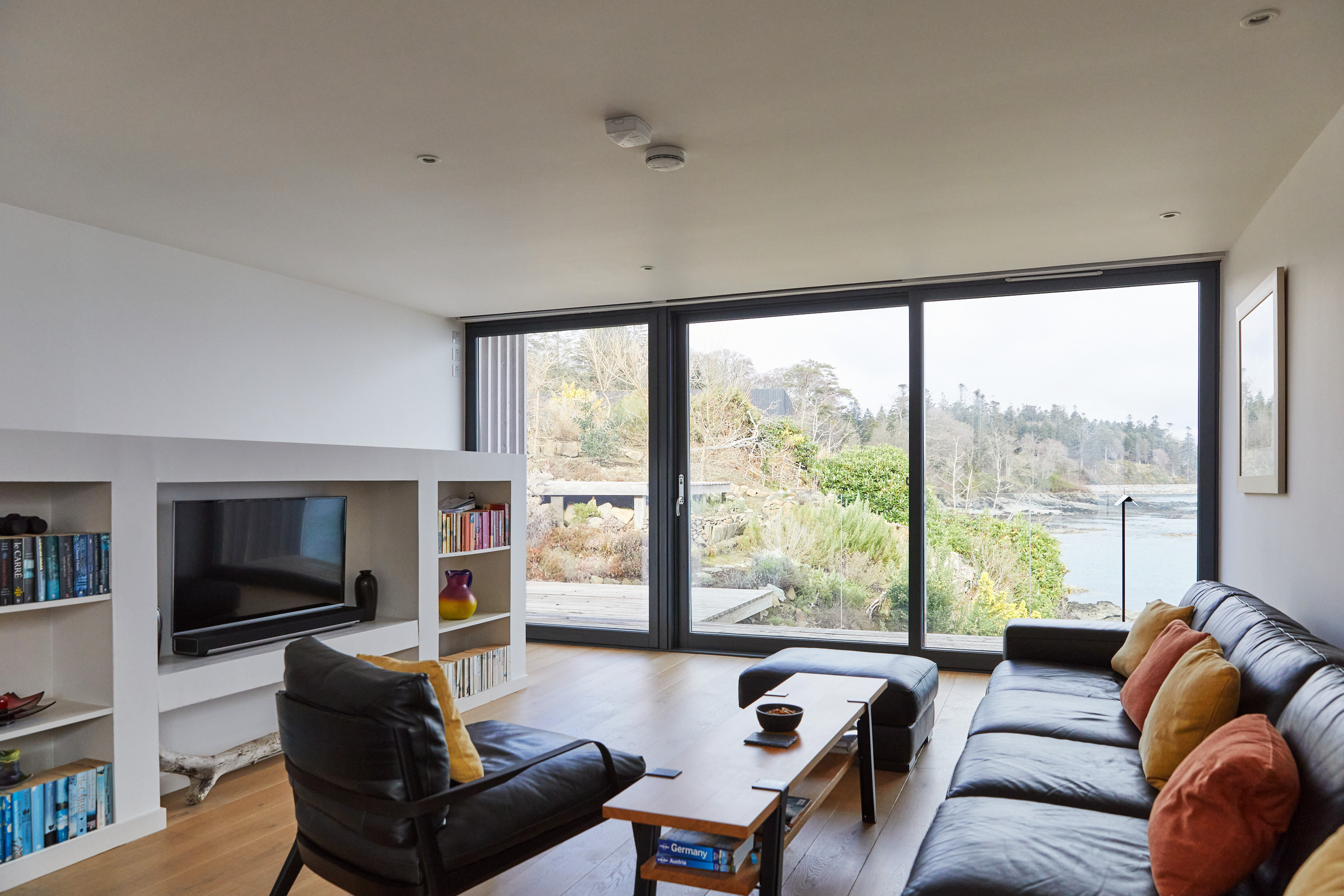
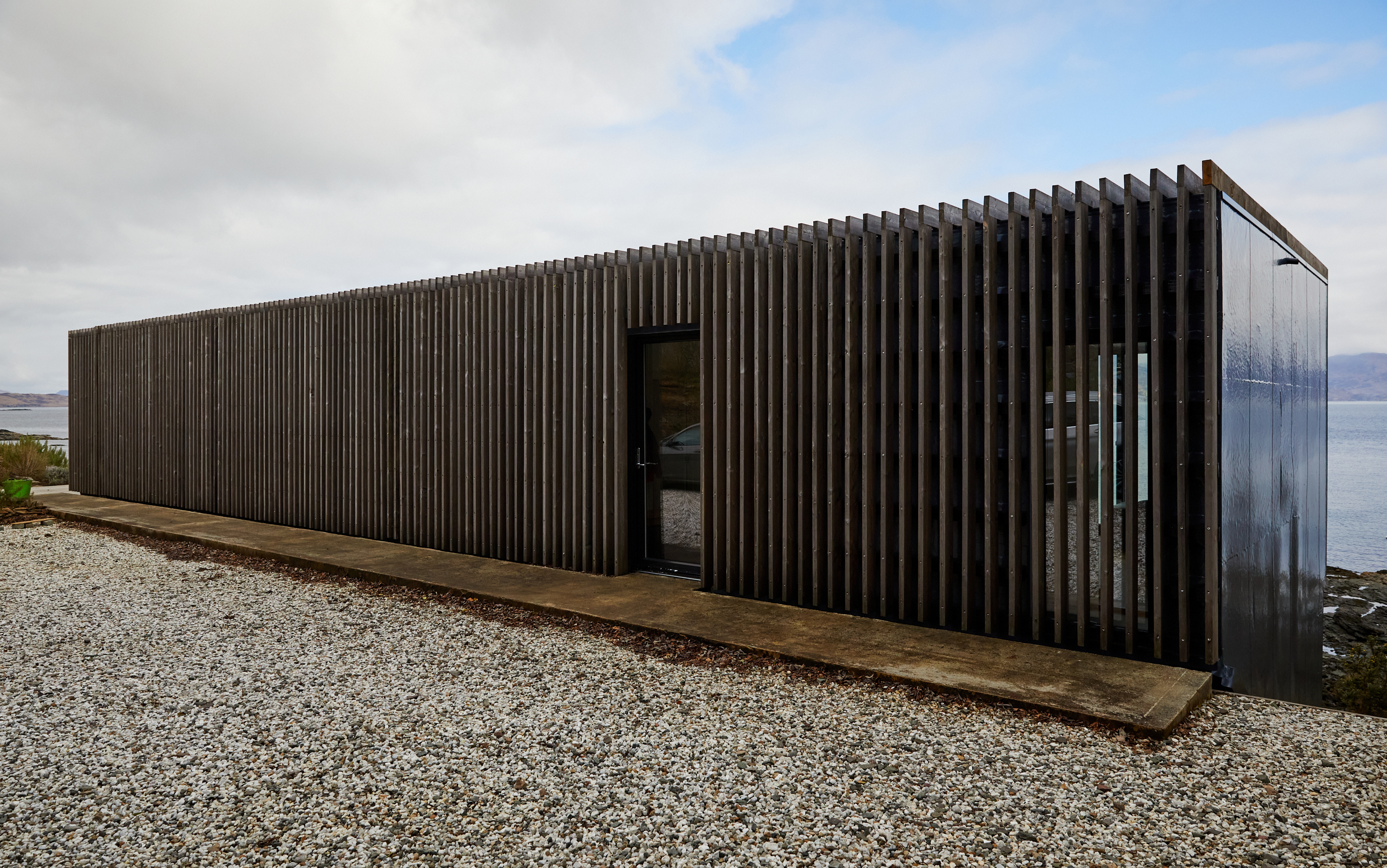
The New in Scotland includes new approaches to architecture. Clean lines and modern spaces with buildings that accent the land. The interiors don’t forget why you came here in the first place, the beautiful landscapes.
These actions have knock on effects for other industries as well, dining, entertainment, architecture and so on. These represent some of the more interesting developments that Scotland has seen. Once known for dreary food, Scotland has really stepped up. The island of Skye, itself has multiple restaurants that have received michelin stars in recent years. One is a new trendy style restaurant, like Loch Bay Restaurant and then also a classic Scotish Lodge like Kinloch Lodge, the old and new alike.
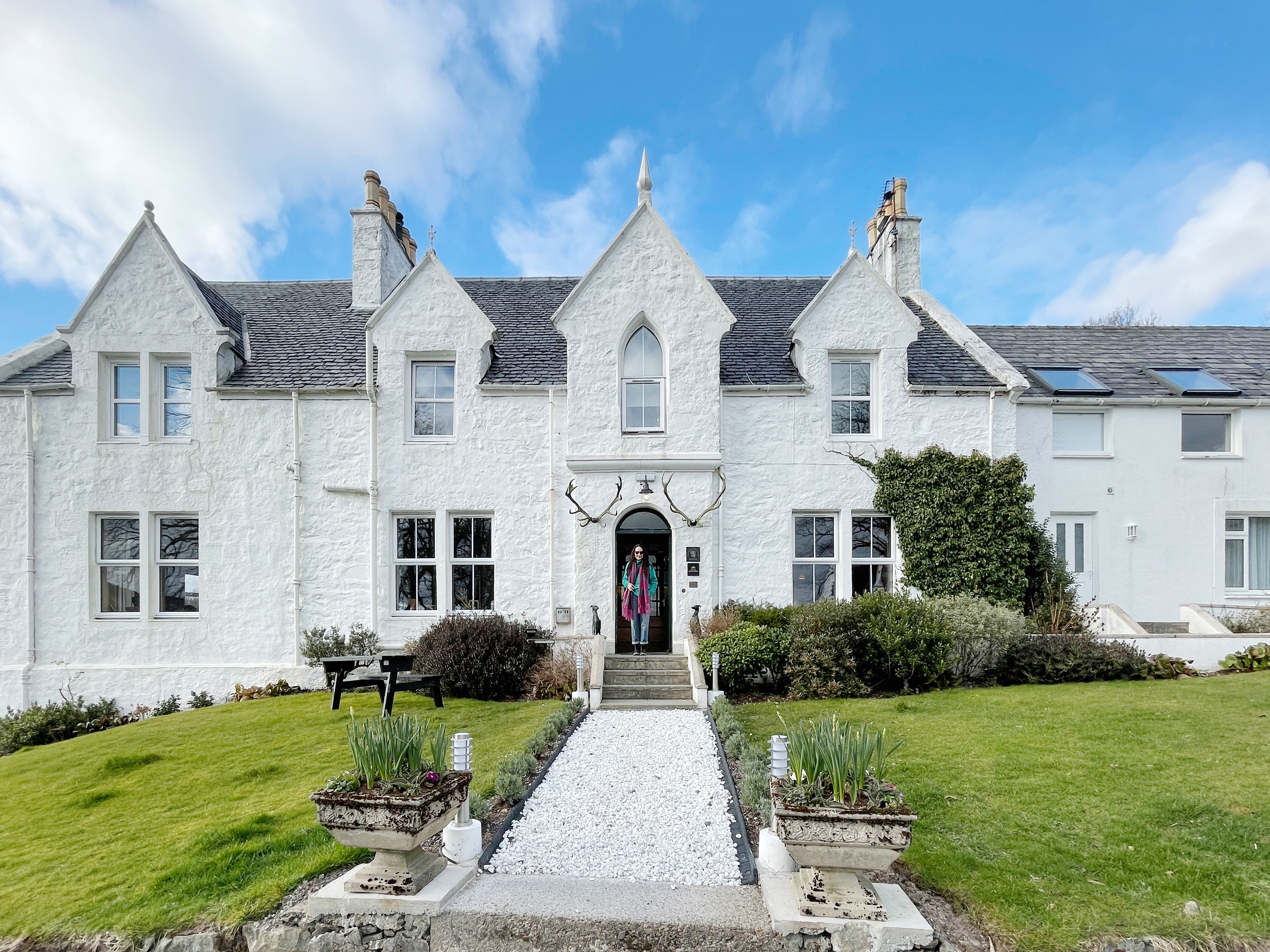

Elsewhere in hospitality, the phenomenon of Airbnb is well known, Local entrpreneurs all over the world have been newly motivated to renovate and rehabilitate buildings nearly forgotten about. The remote locales of Scotland are no exception. Our Isle of Skye Airbnb was the perfect presentation of a vintage highlands cottage, replete with Sheep, and one friendly one, Johanna who liked head scratches and to serve as a guard to our front door at night.
